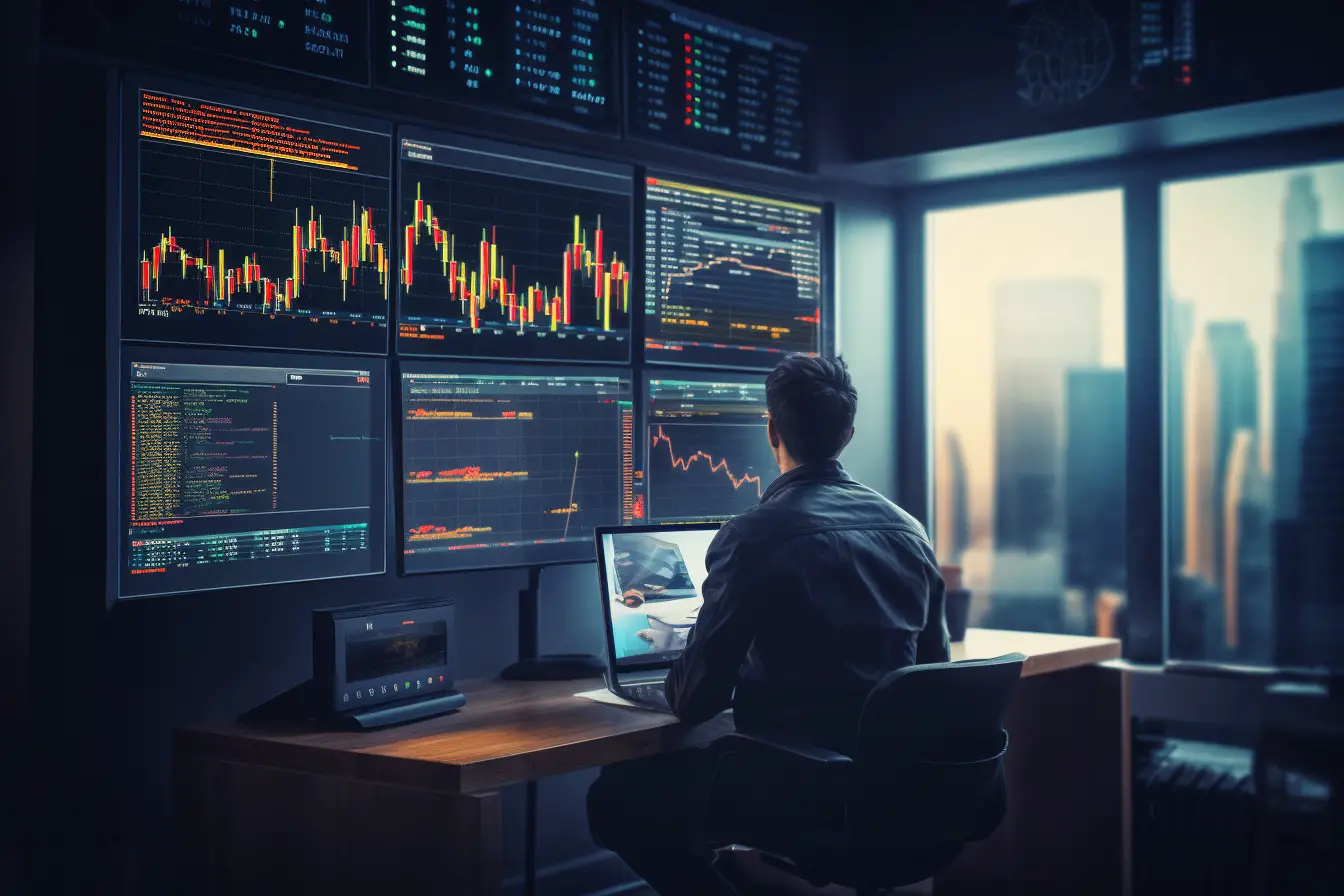The Psychology Behind Trading Decisions

When it comes to making forex trading decisions, a lot of traders experience a special kind of anxiety geared to acting at the “right” moment or making the “ideal” deal. For the most part, this kind of anxiety is natural—after all, you don’t want to lose the money you are investing, despite the inevitable fact that all trading comes with risk. This opens up a very interesting door into the psychology of online trading. Why traders do what they do, what’s behind the decisions they make, and how can the awareness of this potentially help traders in the long run. Let’s take a closer look at the psychology behind forex trading.
What is Risk?
Each time that you place a trade, you are taking a risk. Risk is the measure of uncertainty that is inherent in all modes of online trading; thus with every chance you will succeed there is an equal chance you will not. There is uncertainty with all investments. The greater the risk you take, the higher the reward could be. Some trading instruments are thought to be riskier than others, but that doesn’t mean you stand a greater chance of succeeding. If, for example, you invest in the price of an exotic currency pair, rather than a major pair, you might be taking many risks. You are taking price risks, as well as credit risks. There is a chance that a government cannot pay its bills, and a default leads to a currency devaluation. The uncertainty surrounding risk is what drives anxiety. So, trading psychology is usually focused on chance and the fate of winning or losing.
How to Handle the Psychology of Trading
Since we all experience anxiety, and the anxiety of trading is focused on risk, it’s essential to train yourself to handle trading psychology. If you start with the premise that the risk of loss is inherent in forex trading and that loss is part of the exercise, you can train yourself to handle the anxiety associated with risk. Once you place a trade, the outcome is out of your control, and this scenario is what generally leads to trading anxiety. To mitigate this feeling, the best way to achieve this goal is to create a trading plan similar to a business plan.
Creating a Trading Plan to Handle Psychology
A trading plan is similar to a business plan. You want to treat your forex trading like a business. If you have a company where you purchase goods and resell them at a higher price, you have risks inherent in your industry. A forex trading plan can help you determine which currency pairs to choose, whether to open a buy or sell deal, and when to act. Some methods predetermine where you will take your profits and accept your losses. If you create a trading plan that takes some initial decision-making out of your trading, you will let the market ebb and flow and avoid getting anxious about trading decisions.
To create a trading plan, start with determining your trading goals. Each trade should conform to these goals. When you place your trade, you should know, in advance, approximately how much you are willing to risk in order to make the money you plan to generate. While your profit goals can be higher if the market moves in your direction, your losses should remain fixed. For example, you might employ trailing stop loss as a currency pair moves up and moves down. This stop-loss mechanism allows you to protect your potential gains as the market moves in your direction. The losses you take will be less than what you initially predetermined, while your profits might change.
Do the Work
When some people trade in the forex markets, they see it a gambling arena. If you plan to gamble using the forex markets as a casino, you will likely experience forex trading anxiety, as your plan might be a hunch. Another way to remove issues related to trading psychology is to do your homework. Investments can be carefully thought-out ideas where you feel confident in the outcome. If you don’t feel confident, you will waver when the market moves against you. This scenario can cause trading anxiety and force you out of a position before it reaches your predetermined goal.
The Bottom Line
The upshot is that trading psychology is a mindset crafted by your knowledge of the markets and the work you do to create a sound forex trading plan. If you work out how to make money and define your risks in advance, you will have a mechanism to fall back on when the markets move against you. By creating a trading plan and doing your homework, you can harness the power of trading psychology to work in your favor. If you treat the markets like a casino, you will likely find that trading anxiety persists as you ride the rollercoaster that forex trading represents.
